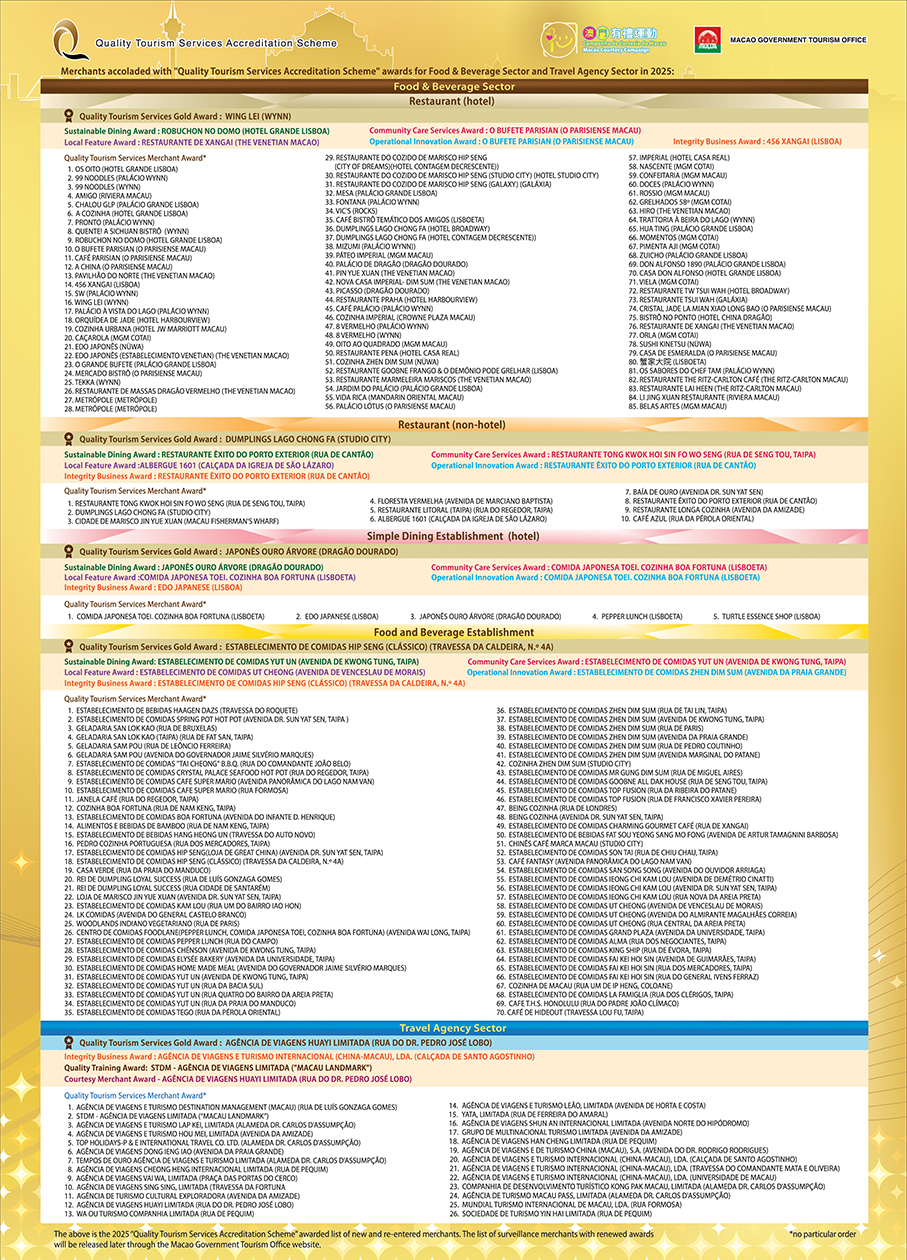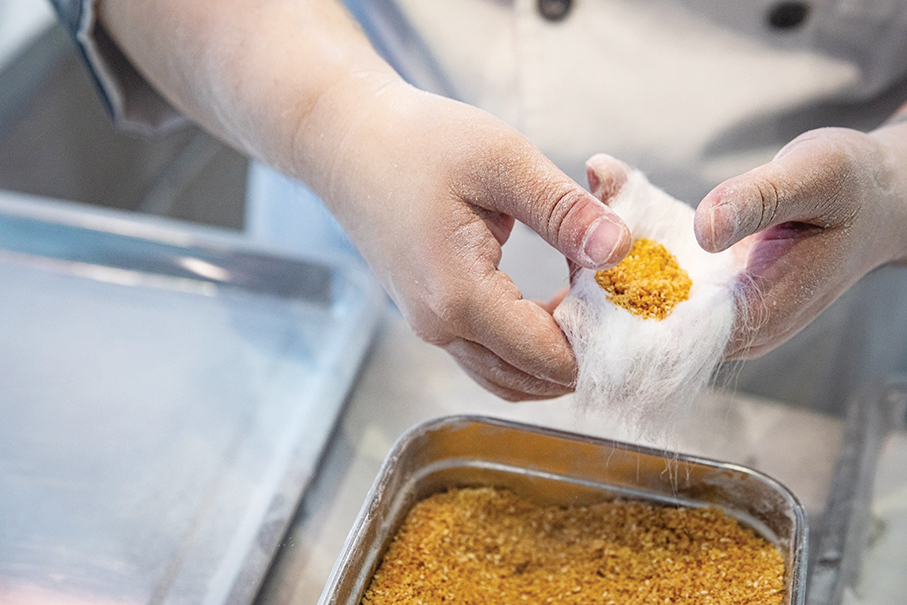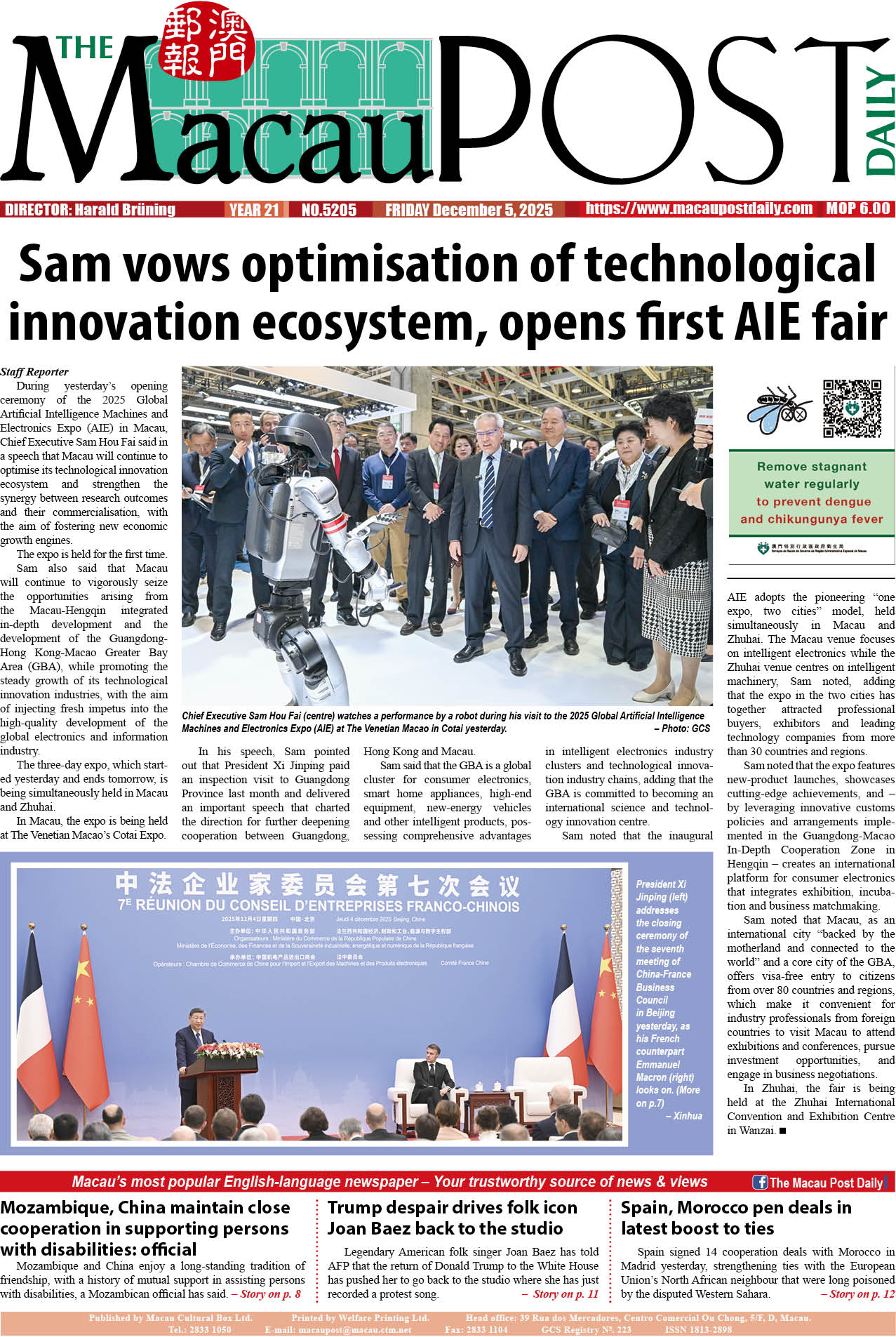Commentary by José Álvares*
After all, we were in for a trip during the Golden Week, just not the leisurely type one. It all started with the positive COVID-19 cases diagnosed just before the holidays, leading to a halt of travel between the Macau SAR and mainland China. When all seemed under control, breakfast on Monday last week was served with the news that there were yet again other locally detected transmission cases, shedding any hopes of the much-needed rebound of the tourism industry.
And we came back to the same issue – vaccination – laying bare that it isn’t just a matter of convenience, but rather a matter of necessity. Not being vaccinated (especially more senior citizens) bring a constant risk to the community as even one case can spread like wildfire and it can come from anywhere – be it from the mainland (as it so happened in August when a local resident returned with the virus from Xi’an) or from overseas (as was the case in September, when a quarantined traveller passed the virus to a local hotel staff).
As of 2019, the population in Macau stood at about 660,000 people, of which an estimated 12 percent was over 65 years old (and not getting younger), meaning there were some 79,200 senior citizens, the group that is most at risk of developing serious illness from COVID-19. Let us assume the percentage of fully vaccinated citizens stands at 50 percent (which I understand is actually lower and especially for seniors), meaning at least 39,600 citizens are at significant risk of being hospitalised in case there is a serious outbreak – this doesn’t even include non-seniors with pre-existing conditions, who are also considered a risk group.
In Macau there are 1,628 hospital beds (which are far from being fully available), which means only 0.04 percent of those 39,600 people at risk could be hospitalised if they face difficulties in dealing with COVID-19. It’s as if infected people would be participating in the Squid Game (the box-office hit Korean TV series), just they wouldn’t be fighting for a billion-dollar prize, but rather for a mere hospital bed.
This oversimplifies the matter, but the numbers do give an idea of the seriousness of the situation and the lengths that our government has gone through to prevent any such scenario. Moreover, though vaccination strongly prevents the development of serious conditions from COVID-19, it is far from being the holy grail for Macau as it isn’t 100 percent effective in eliminating hospitalisations. In any case, it could allow people to recover at home under remote medical supervision.
That is precisely what happened in Portugal (and Singapore is now trying to emulate), which became quite a success story - from worse in the world in number of infections to a case study on vaccination. Macau’s Chief Executive Ho Iat Seng even recently mentioned that they were closely following the situation in Portugal given that, despite the number of new infections, those going into intensive care there is very limited.
Australia followed a zero-COVID-19 strategy akin to China, with lockdowns and severe constraints to international travel, including not allowing citizens to leave the country (which was unprecedented). However, the government down under recently announced its re-opening plan because of its confidence in the vaccination levels – though just 55 percent of Australians are fully vaccinated, the rate is likely to go up soon as the number of those with the first dose is close to 80 percent.
The central government is well aware of how crucial vaccination is – one of its top respiratory experts, Zhong Nanshan, said that the country would reach herd immunity when vaccination is at more than 80 percent, which could happen at the end of this year. Moreover, because of the almost unrestricted travel with Macau, the central government has been heaping pressure on the local government in order to increase the vaccination rate, as it so happened during the visit of a National Health Commission (NHC) delegation in late August.
Virus containment policies in the form of restrictions are no doubt effective, but they come with a high price tag, affecting both public coffers (not just expenditure, but also lost tax revenue), and the economy. It is curious that when the Zhuhai government announced that it would impose mandatory vaccination for those arriving from Macau, immediately there were long queues outside Macau’s vaccination centres. Given the lack of a vaccination mandate, it is clear that incentives work – all of this is basically the result of many locals’ false sense of security.
The government recently imposed on unvaccinated citizens the requirement that a 7-days negative COVID-19 test be exhibited at work. The requirement should be required in order to enter restaurants, as people need to remove their facemasks so that they can eat. Fair enough, the city’s restaurateurs have been sufficiently battered by the pandemic and thus the measure could be complemented with a giveaway voucher, say US$1,000 for in-dining only (which thus excludes the unvaccinated). Such a restriction wouldn’t be a first as France has already implemented it. Likewise, Singapore has a policy that the unvaccinated are still allowed to go to restaurants, but only in establishments offering outdoor dining.
Moreover, unvaccinated people should be required to attend a clarification session lasting a good 2-3 hours, explaining the development process (which followed the typical one, just with overlapping stages, meaning starting before another even finished) and safety of the COVID-19 vaccines (with low adverse reactions). It should also feature some hardcore real scenes of the suffering during the early days of the pandemic, especially in the Chinese mainland and Italy, so that people fully understand the selfishness of holding out. These sessions wouldn’t be a shocker – while military service was abolished in Portugal, one is still required to attend a whole day introduction to the armed forces.
We should also work on debunking the myths of the cases of severely adverse reactions to the vaccines in Macau (which are seemingly less than a dozen), which have been making the rounds on the local community and are significantly undermining the vaccination drive. It would be worthwhile to explain the underlying conditions of the patients (if any) and the adverse reactions and how the same are being addressed (with, most likely, minimal harm to the patient) – on an anonymous basis evidently.
I mean, even Trinidadian-born US rapper Nicki Menaj believes that her cousin’s friends had swollen testicles after taking the vaccine.
Another crucial step would be to reduce quarantine requirements for those who have been vaccinated. Though the evidence is still not overwhelming, it seems to be a fait accompli that vaccines help curb the transmission of the virus by reducing the viral load. Hong Kong, in line with many other places, has eased its quarantine obligations for vaccinated individuals – for months, Hong Kong hasn’t had a single local case. And it shouldn’t be merely for those arriving from overseas, but also locals quarantined after being deemed close contacts to infected individuals.
It is comforting to know that the local government is paying close attention to Merck’s COVID-19 pill, which supposedly reduces hospitalisations and deaths by half. It could be an excellent way to deal with the last vaccine holdouts. Also, though we’re still far behind as far as those are concerned who still have to get their first shot, we can’t discard the booster shot. While it might seem a way for pharma companies to make a couple of extra bucks, data makes a compelling case – one study on people over 60 found that those who received the extra jab were 10 times less likely to contract severe illness from COVID-19 than those that didn’t. It is worth noting that many of us took the second shot about six months ago.
Macau has always been at the forefront throughout this pandemic, as we are in a unique position, with strong financial reserves, and, more importantly, with a decisive government that has taken swift action. We are also fortunate not to have the divisiveness rampant in the Western world between vaccinated people and those who are not, as if it were some civilisational clash. However, we cannot risk falling behind the rest of the world, especially the developed countries that are moving on after reaping the positive effects of successful vaccination campaigns.
* José Álvares is a founding partner at CA Lawyers











